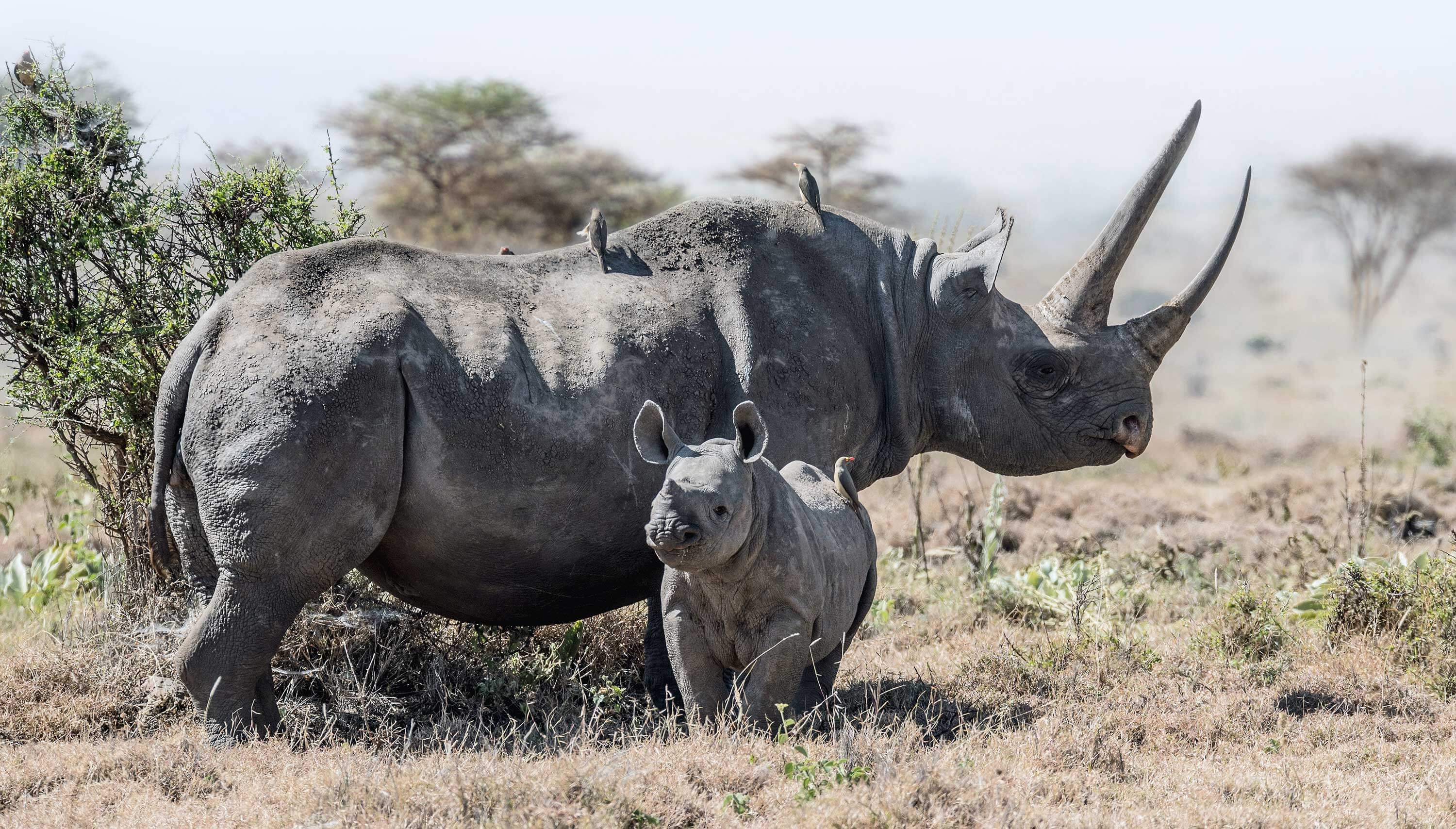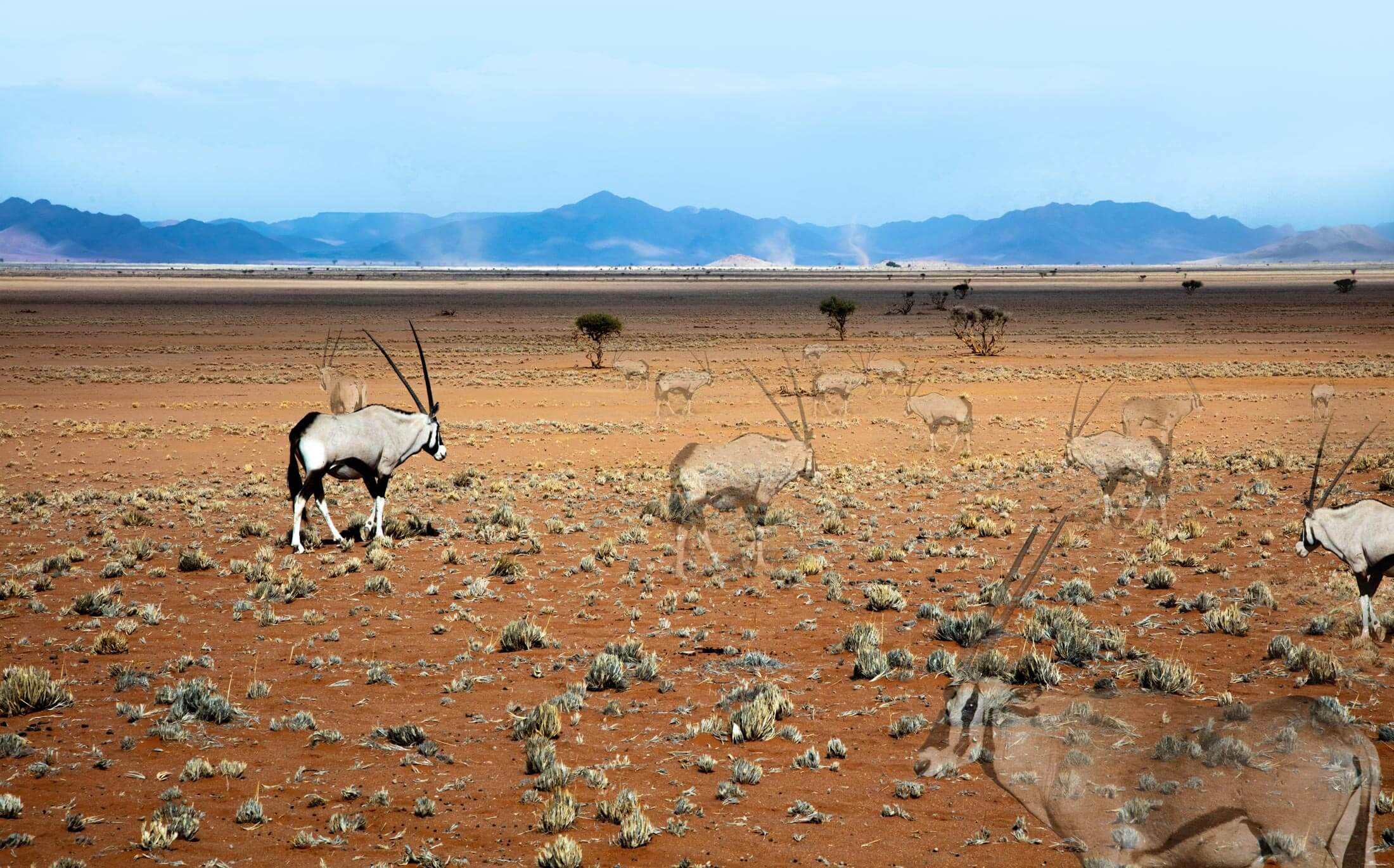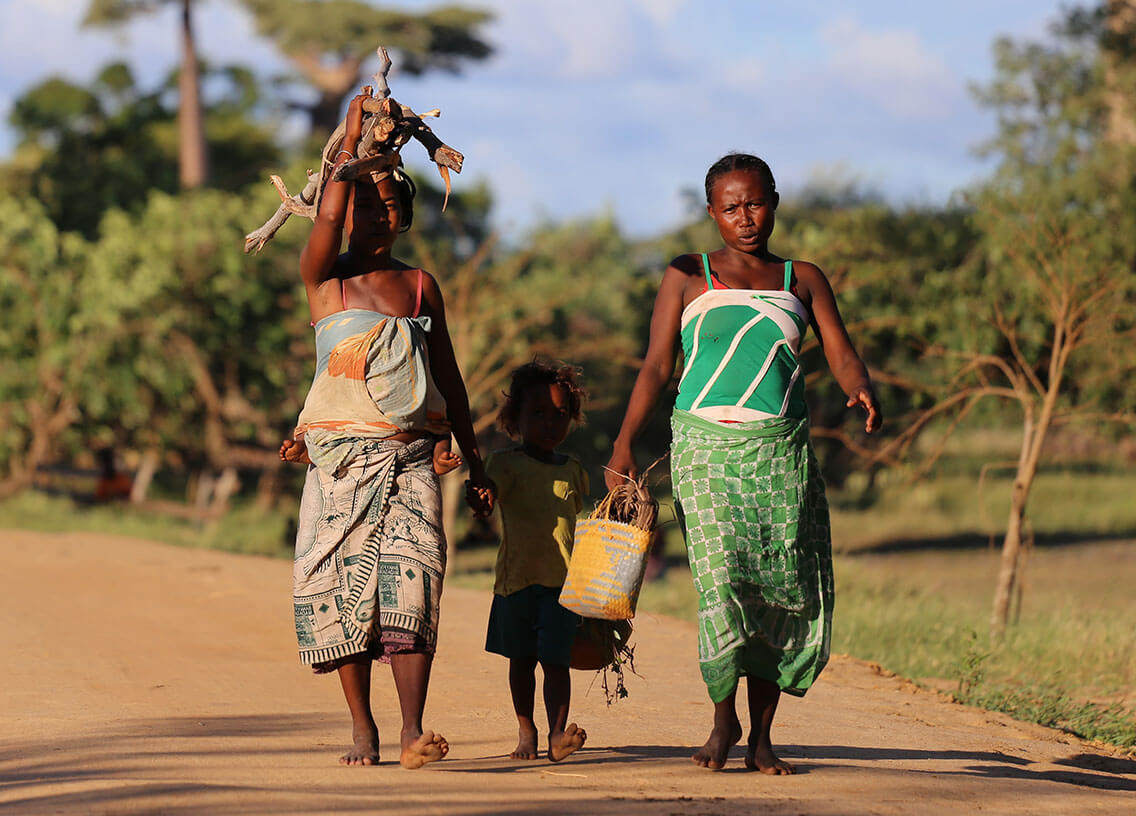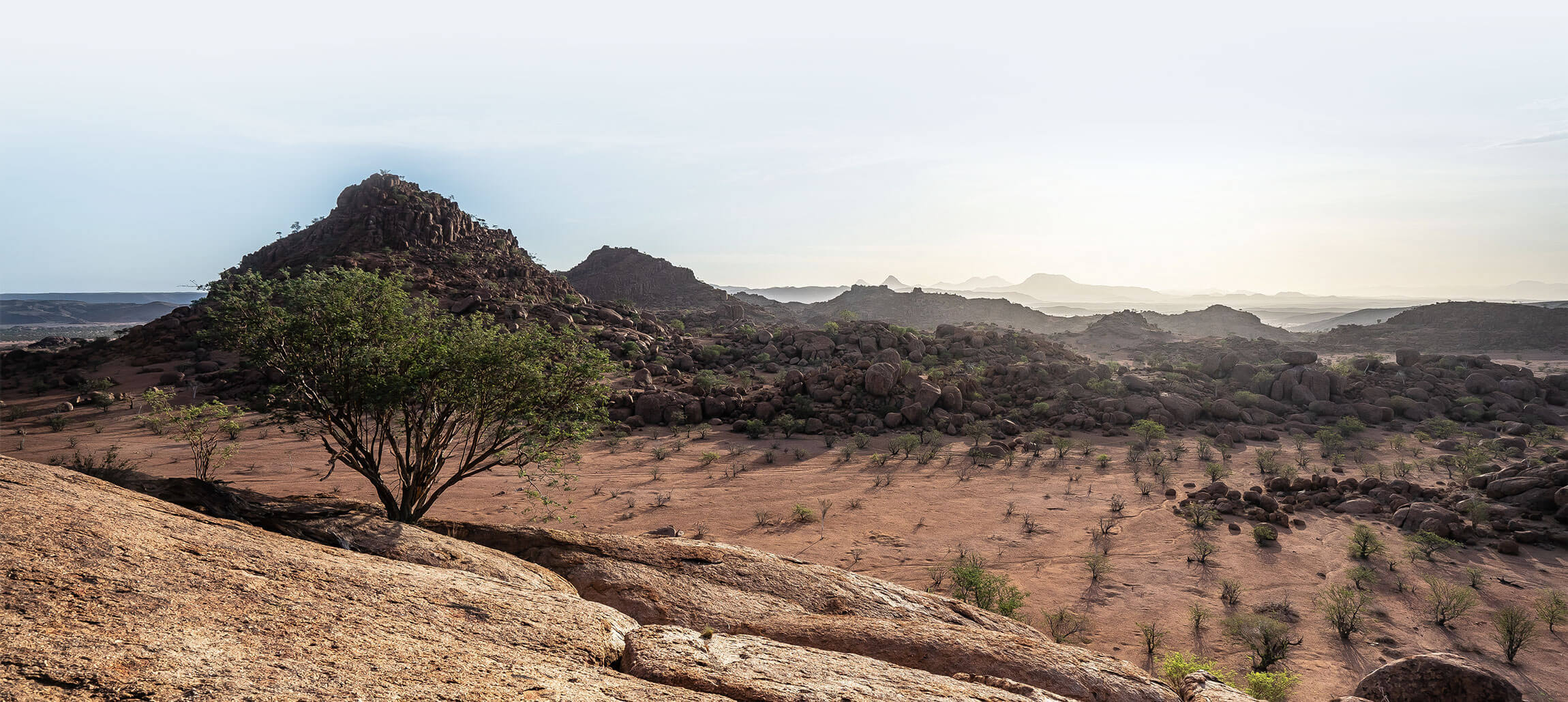Human activities have initiated the 6th period of mass extinction.
Human activities are resulting in catastrophic levels of biodiversity loss globally. One million species are likely to become extinct, many within decades, unless we reduce the intensity of the drivers of biodiversity loss.
We have crossed the planetary boundary for biodiversity. Monitored populations of mammals, birds, amphibians, reptiles and fish have declined by more than 68% since 1970, and dramatic declines in insect populations have been recorded. Abrupt and irreversible negative impacts on human and ecosystem health are now likely.
Rapid transformative change is necessary to reverse this damage and prevent further ecological degradation.

Average decline in monitored populations of mammals, birds, amphibians, reptiles and fish between 1970 and 2016.

Protection and restoration is essential to the wellbeing of communities
Many communities in Southern Africa depend directly on ecosystems that are under threat or degrading. Ecosystem protection and restoration is essential to enhance their wellbeing and to prevent many hard-won societal advances being reversed.
Protecting and regenerating ecosystems will also have positive impacts on human livelihoods and health, increase resilience to climate change and enhance carbon sequestration.

Law is a powerful tool for achieving transformative change
By partnering with communities and other civil society organisations, we provide legal advice and support in order to achieve our vision of flourishing indigenous species and ecosystems that support sustainable livelihoods in Southern Africa.
